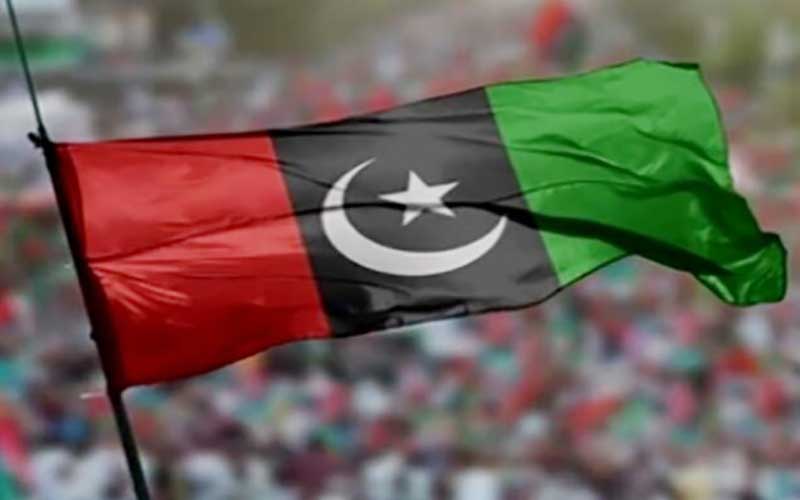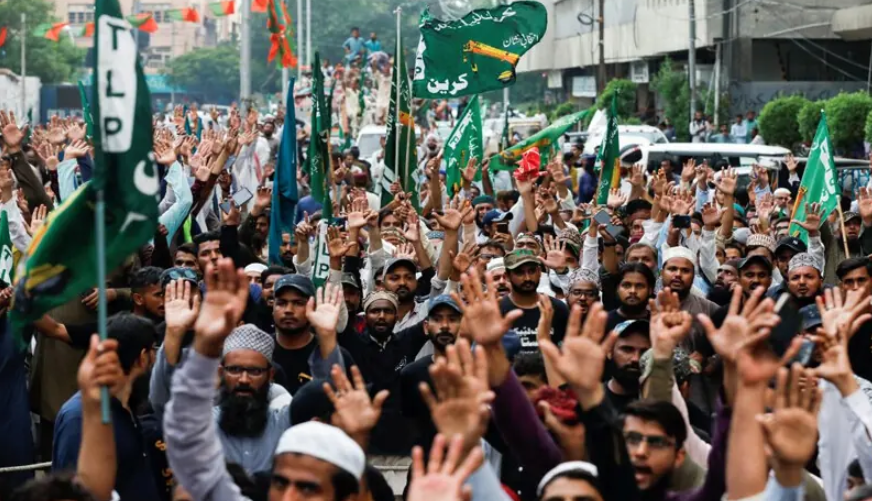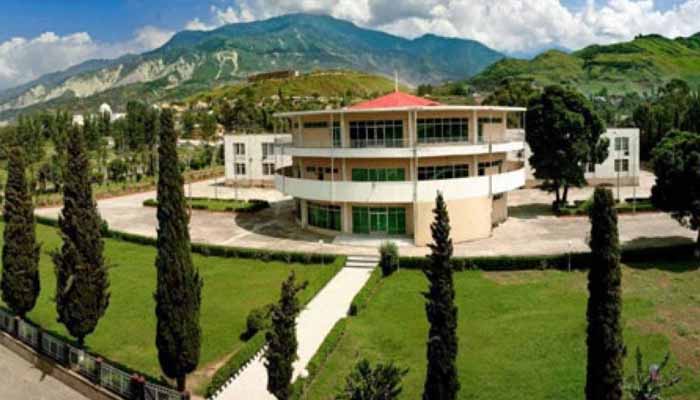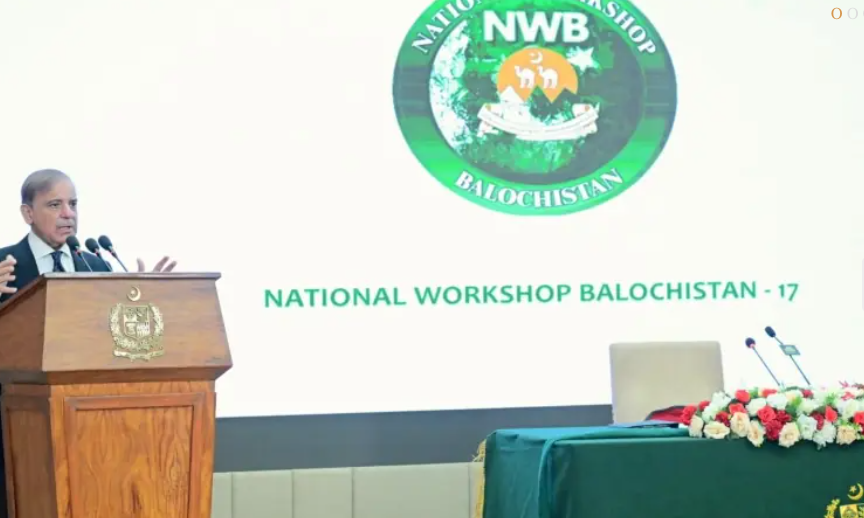POLITICS & POLICY MAKING
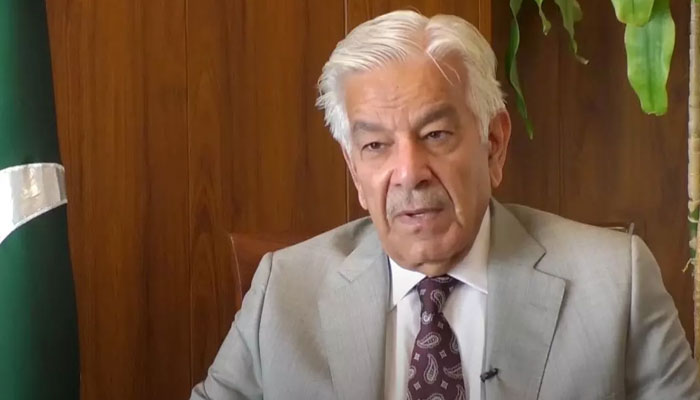
Pakistan’s Defence Minister Khawaja Asif on Saturday issued a stern warning that failure to resolve security issues with the Afghan Taliban through negotiations could lead to an “open war” with Afghanistan. The remarks came as Islamabad and Kabul were holding follow-up talks in Turkiye to operationalise a ceasefire agreed earlier in Doha.
Speaking to media in Sialkot, Khawaja Asif stressed the sacrifices made by Pakistan’s armed forces and law enforcement — saying citizens sleep safely because security personnel remain vigilant — and warned that patience should not be mistaken for weakness. He said the government had shown hospitality to Afghans for decades, but accused some in Kabul of adopting hostile attitudes despite that long-standing refuge.
Asif also alleged that India was using Afghan territory as a proxy to undermine Pakistan, and suggested that Afghan refugees have placed pressure on local employment and business. He said Pakistan’s priority should be neighbourly coexistence, but added that if negotiations fail to deliver tangible results, Islamabad is prepared to escalate militarily.
The comments come amid an intense diplomatic push mediated by Qatar and Turkiye. The Doha talks in mid-October produced a ceasefire and a pledge to respect borders; the Istanbul round is meant to translate that political breakthrough into an operational monitoring and verification mechanism. Pakistan has emphasised the need for verifiable action against Tehreek-i-Taliban Pakistan (TTP) sanctuaries inside Afghanistan.
Analysts caution that while strong rhetoric raises the pressure on negotiators, moves toward military escalation would carry significant regional risks. Observers note that the outcome of current technical talks — especially on verification, intelligence-sharing and border management — will be pivotal in determining whether the ceasefire holds or tensions intensify.
